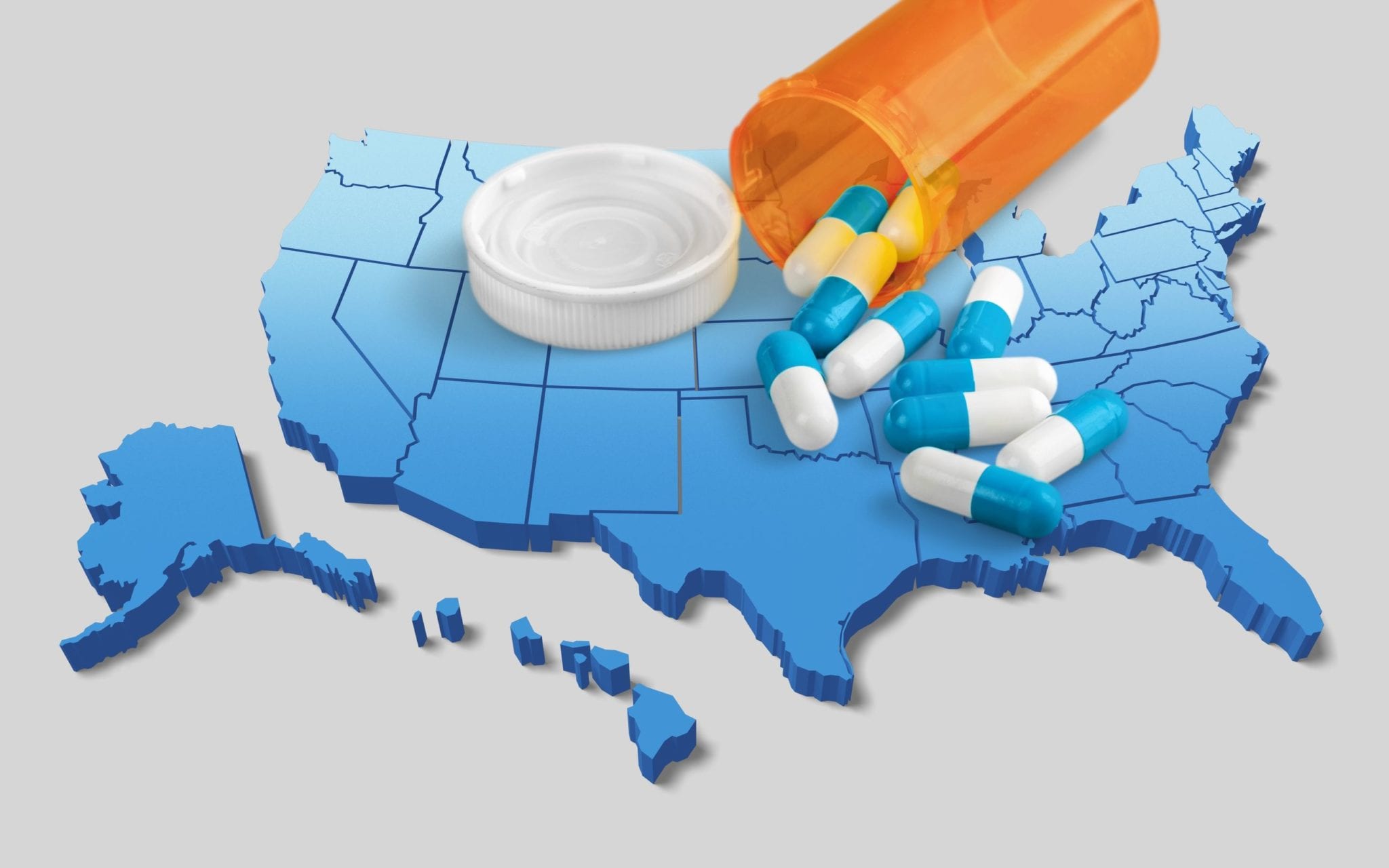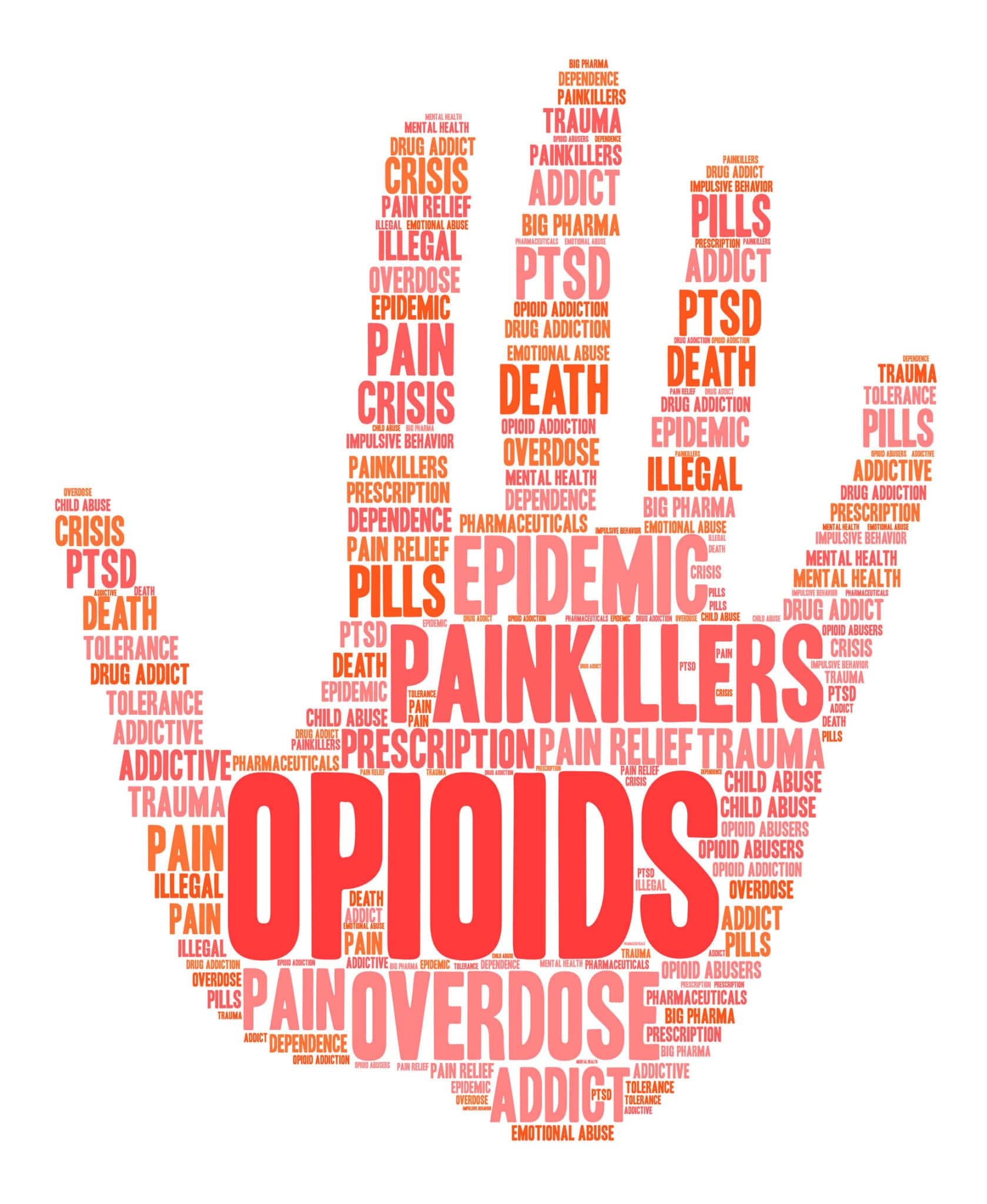
Most people are in agreement that opioid abuse is a major public health crisis in the US. However, how to address this epidemic is controversial. Traditionally, lawmakers have cracked down on penalties for drug trafficking and possession.
However, some lawmakers are realizing that these approaches are not effective for a number of reasons, and are shifting their perspective. Take, for example, St. Louis county in Northeastern Minnesota. They’ve recently taken a more humanitarian approach to the opioid epidemic, providing resources for Minnesotans suffering from opioid addiction and utilizing a number of resources to interrupt the opioid supply chain.
Below, we’re going to cover why criminalizing opioids at the level of users is problematic, then talk about some of the penalties users face for opioid possession. We’ll also discuss the new approaches taken by St. Louis county, and the benefit of a humanitarian perspective to preventing opioid addiction.
The Problem with Criminalizing Drug Use
As our nation’s history with combating drug use would suggest, we have historically been unsuccessful when taking a heavy-handed approach through increased criminal penalties for drug possession.
For example, the infamous “War on Drugs” initiated by Ronald Reagan attempted to reduce the illegal drug trade by increasing drug prohibition and providing increased police and military intervention. The War on Drugs was successful in overburdening US prisons with nonviolent drug crime offenders, but unfortunately accomplished little else. Drug use and overdoses have steadily increased in the US.
This is because criminalization, particularly at the level of drug users, does little to address the underlying addiction. Addiction is often linked to mental illness, and increasing criminal penalties does little to discourage drug use, and in fact can drive addicts even further into drug addiction.
In contrast, studies have shown that treating addiction like a disease and providing addicts with resources to overcome addiction is much more effective in decreasing drug use.
Current Penalties for Minnesota Opioid Possession
Minnesota has some of the harshest laws in the country for heroin possession. In our state, possession of any amount of heroin is a felony-level offense, although offenders may or may not face jail time.
Current sentencing and penalties for heroin possession are as follows:
- Under 3 grams: Fifth-degree felony punishable by up to five years in prison and up to a $10,000 fine.
- 3-6 grams: Third-degree felony punishable by up to 20 years in prison and up to a $250,000 fine.
- 6-25 grams: Second-degree felony punishable by up to 25 years in prison and up to a $500,000 fine.
- Over 25 grams: First-degree felony punishable by up to 30 years in prison and up to a $1 million fine.
- Subsequent offenders: Depending on the level of prior offenses, offenders could be sentenced to 4-40 years in prison and fines of up to $1 million.

Harsh penalties such as these mean that a conviction for heroin possession is life-altering, which places a major burden on addicts, often driving them even further into opioid addiction.
Combatting Opioid Use Through Alternative Approaches
A recent survey of St. Louis county residents revealed that the top two public health concerns of residents were illegal drug use and prescription drug abuse. Multiple county departments are collaborating to combat opioid use.
SBIRT Program
The Screening, Brief Intervention and Referral to Treatment (SBIRT) program, led by a team of prevention and intervention social workers and a public health educator, has been put in place to provide opioid addicts with resources for recovery. Opioid addicts are provided with resources such as detoxification and referrals to treatment centers and methadone clinics.
This program is a public health approach to providing early intervention and treatment for persons suffering from substance use disorders, or who are at risk of developing these disorders. It also provides training to health care professionals, employers, and schools.
Naloxone Rescue
Naloxone, or Narcan, is a nasal spray that temporarily reverses the effects of opioids, so can be given as emergency treatment for opioid overdose. Sheriff deputies in the patrol division now carry Narcan.
A variety of nationwide programs are also aimed at training citizens to use Narcan, and providing citizens with Narcan to carry and administer in the event of an overdose.
Best Practices for Prescribers
Increased prescribing of opioid painkillers may have played a role in the opioid epidemic, although the exact contribution of prescription opioids prescribed to chronic pain sufferers is controversial.
However, St. Louis County has put into place a program to educate healthcare providers to bring prescribers in line with best practices for opioid prescriptions recommended by the state.
Responsible Disposal
Opioid abusers often begin using opioids by stealing legal prescription medications from relatives for illicit use. The county has therefore implemented a program to provide opportunities for safe disposal of prescription drugs that are no longer needed.

Obviously, this isn’t a problem that’s going to go away any time soon, but if we truly want to make a dent in the epidemic before it grows even further out of control, it’s going to take thinking outside the box and being open to new solutions.
About the Author:
Christopher Keyser is a Minneapolis-based criminal and DWI defense attorney known for fighting aggressively for his clients and utilizing innovative tactics to get the most positive results. He has been featured in numerous media outlets due to the breadth and depth of his knowledge, and recognized as a Minnesota Super Lawyers Rising Star (2014–2015), a Top 100 Trial Lawyer (2013–2015), and a Top 40 Under 40 Attorney (2013–2015).





